Israel is one of the few Western nations left building deterrence — and that could be a costly mistake
Deterrence prevents war. It saves lives. Israel understands this — but for reasons that may well puzzle a dystopian future, we’ve decided not to bother.
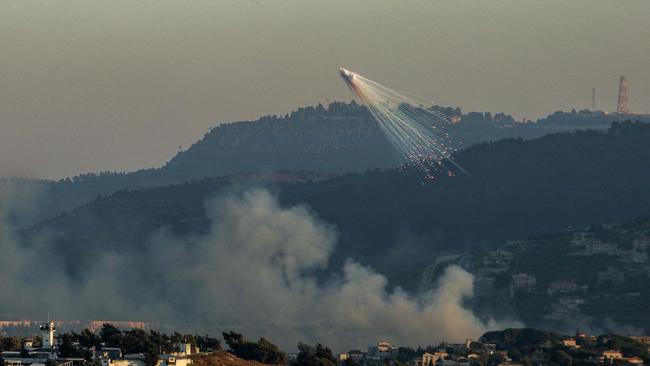
A week ago, Israel hit the terrorist group Hezbollah in southern Lebanon with thousands of missile strikes launched from more than 100 aircraft. It took out thousands of Hezbollah rocket launchers.
This was a pre-emptive attack. Hezbollah was about to launch a wave of missiles, rockets, mortars and drones against Israel. When Hezbollah replied, with a couple of hundred rockets and drones of its own, few penetrated Israel’s Iron Dome air defence system and did little damage.
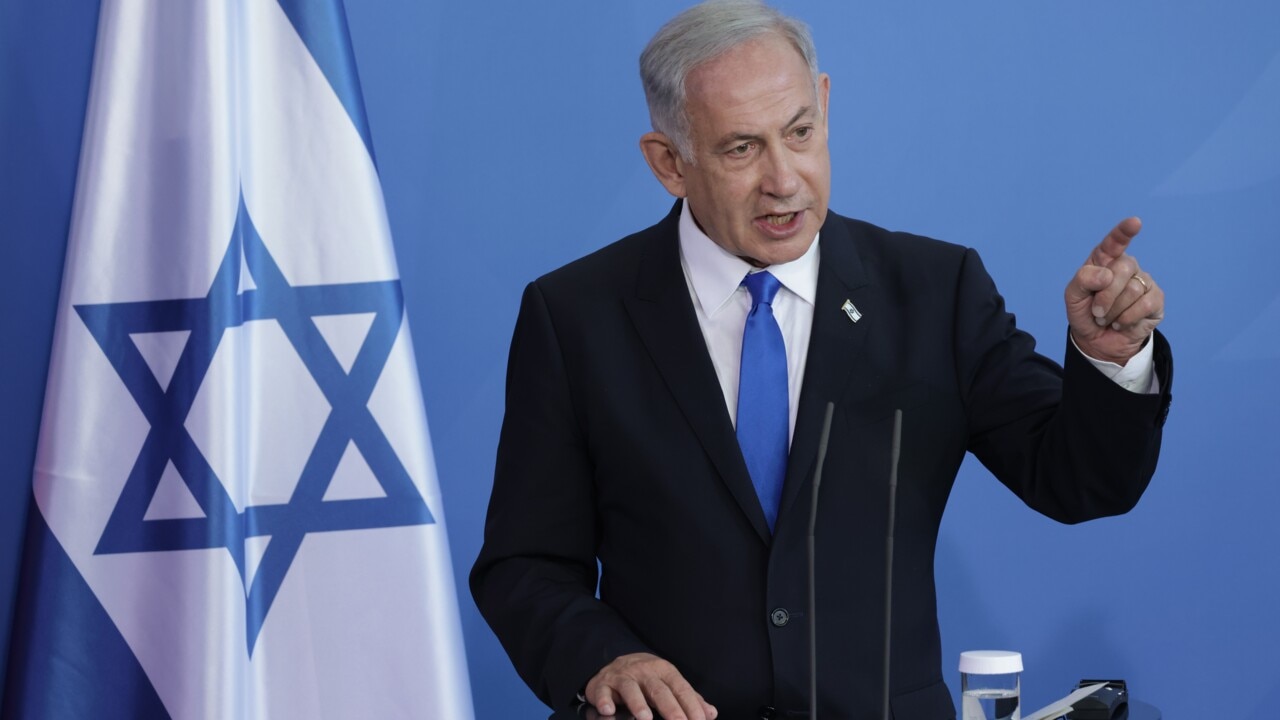
Then a strange thing happened. Hezbollah’s leader, Hassan Nasrallah, said Hezbollah’s retaliation was over. Hezbollah resumed sporadic firings against Israel, but it clearly didn’t want a wider confrontation.
Ever since Israel assassinated Hamas leader Ismail Haniyeh in Tehran on July 31, the world has braced for a direct Iranian strike against Israel. Iran’s leaders vowed such an attack. It hasn’t come.
Meanwhile, the Israel Defence Forces have conducted extensive operations in the Palestinian West Bank to disrupt what Israel says were Hamas-style attacks in the making. Anything is possible in this tense drama, including all-out regional war. But the sequence of events also represents Israel reasserting and rebuilding its deterrent credibility. One reason there has been no ceasefire with Hamas in Gaza is because Hamas wants an all-out regional war, which it believes would gravely weaken Israel.
It hopes this will cripple Israel’s economy and destroy its morale, so Israelis will migrate to safer lives in the US, Europe or Australia. That this hasn’t happened is a testament to Israel’s partial success in rebuilding deterrent credibility.

But here’s the bad news. Israel is one of very few Western nations significantly building deterrent capacity. Credible Western deterrence is declining.
There’s a lot of airy talk about the international rules-based order. This is an almost meaningless term. In so far as it has any meaning it’s a euphemism for the real principle of international order, which is the system of deterrence applied by the US and its allies. The reason bad actors don’t take bad actions is because they fear the deterrent power of the US and its alliances. Nothing else constrains bad actors.
The central strategic fact today is the de facto alliance of China, Russia, Iran and North Korea. They are working together to render Western deterrence ineffective. A whole range of factors is working to erode Western deterrence. First, the nuclear weapons balance is moving, incrementally but substantially, against the West.
Both China and Russia are investing heavily in tactical nuclear weapons. The US has substantially abandoned tactical nuclear weapons. Should Russia or China ever use tactical nukes, it’s not credible for Washington to threaten to respond with strategic nuclear weapons. No one in the West wants an extra category of nuclear weapons, but if your enemies develop weapons along a whole spectrum and you don’t, it’s much harder to practise deterrence.
Further, China is moving from having a minimum credible nuclear second strike to becoming a nuclear weapons superpower. Deterrence in the Cold War was tense and dangerous but also stable. It was bipolar between the US and Russia. Now it’s at least tripolar.
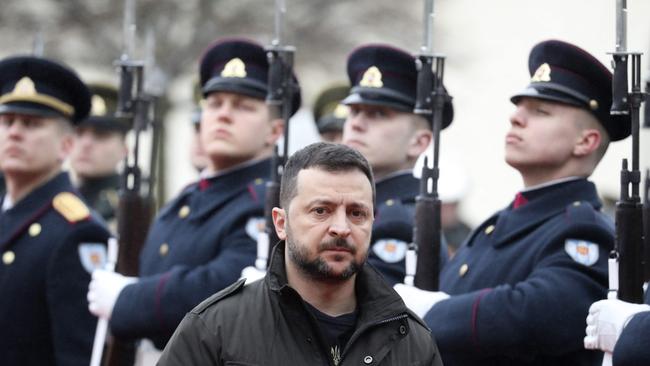
North Korea is also expanding its nuclear arsenal and Iran will almost certainly move to possess nukes. There is a credible nightmare of co-ordinated nuclear crises by US adversaries.
Second, the authoritarian powers have perfected the art of grey-zone tactics, actions that hurt Western nations and interests but fall below the threshold that provokes a military response.
Grey-zone tactics, if they carry no cost, defeat deterrence.
Technology is eroding deterrence. Western governments won’t talk about deterrence for fear of upsetting their populations.
When was the last time a member of the Albanese government talked to the Australian people about the fact Australia shelters under extended US nuclear deterrence, meaning that a nuclear attack on us risks a nuclear retaliation by the US? That we are part of that umbrella means we support US nuclear war fighting capability. We increasingly host US ships, planes and submarines, especially in northern Australia, which could carry nuclear weapons. That’s good policy for Australia, but do you ever hear it discussed publicly?
A related decline in deterrence comes from Western governments deciding not to spend the money to produce the military capabilities that deterrence requires. All around the Western world defence spending is in a fight to the death with social spending. Defence is losing. Governments and electorates are choosing limitless social expenditure on infinitely expandable personal needs over national security spending.
As a result, the conventional balance of forces, as well as the nuclear balance, is moving against the West.

Further, the West’s defence industry base is plainly inadequate, having been greatly reduced since the end of the Cold War, with much Western manufacturing relocated to China. Western powers are slowly rebuilding this industrial base, but the process is almost criminally slow.
Given America’s centrality, the presidential campaign isn’t encouraging. Joe Biden proposed effective defence spending cuts with every budget. Kamala Harris has consistently been well to the left of him and in the past championed bigger defence spending cuts. She’s tacking to the centre now but it’s hard to imagine she’ll govern like Ronald Reagan, which is what the historic moment demands.
Donald Trump as president had a better record on defence spending, but his running mate, JD Vance, famously declared: “I don’t care what happens in Ukraine.”
Tulsi Gabbard and Robert Kennedy Jr, both former Democrats whose endorsement for Trump is important, say they support him in part because Biden has America too involved in global security and allegedly on the brink of nuclear war. In other words, a significant part of Trump’s coalition wants Washington to retreat from global security and probably wants it to spend less on defence. Harris offers genteel decline at best. Trump is stronger but erratic, unpredictable, at times chaotic. Neither provides the steadiness of purpose, solidity of character and reliability of resources on which effective deterrence is based.
It’s important to remember the purpose of deterrence is to prevent conflict, war and death. It’s a failure of deterrence that Vladimir Putin’s Russia invaded Ukraine. Now tens of thousands of people are dead and war drags on. If deterrence had been more credible, Moscow wouldn’t have invaded. It’s likely Biden’s catastrophic withdrawal from Afghanistan encouraged Putin’s adventurism in Ukraine.
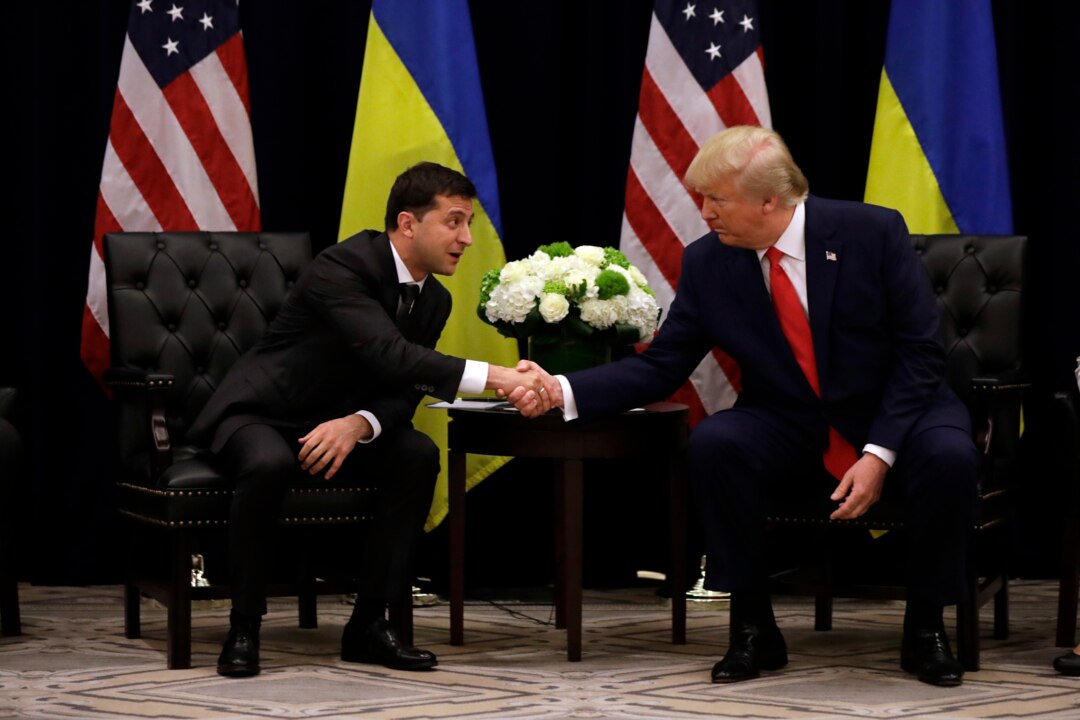
Deterrence comes in two main forms: by punishment and by denial. In the Cold War the doctrine was mutual assured destruction. If the Soviets launched a nuclear attack, they themselves would suffer nuclear annihilation.
Extended nuclear deterrence always embodies uncertainty. Would the US risk Los Angeles to save Sydney? But that uncertainty plays in the mind of the aggressor as well. The more credible the deterrent, the less likely is an attack.
Then there’s deterrence by denial. This means the defending nation can prevent an invasion or attack by use of its own force, or at least make the cost of such an attack prohibitive.
Australia could pursue such a deterrent posture from its own resources but has decided not to, instead, like most Western nations, relying entirely on the US. The only physical contribution we make to deterrence is to host US forces, and rotations of forces, in northern Australia.
Peter Jennings, one of Australia’s most important strategic thinkers, of Strategic Analysis Australia, tells Inquirer: “The old model of deterrence was built around the stability of MAD. It hasn’t been modified since the fall of the Berlin Wall. It’s no longer fit for purpose. There are now many more military actors, many more ways you can use military force.
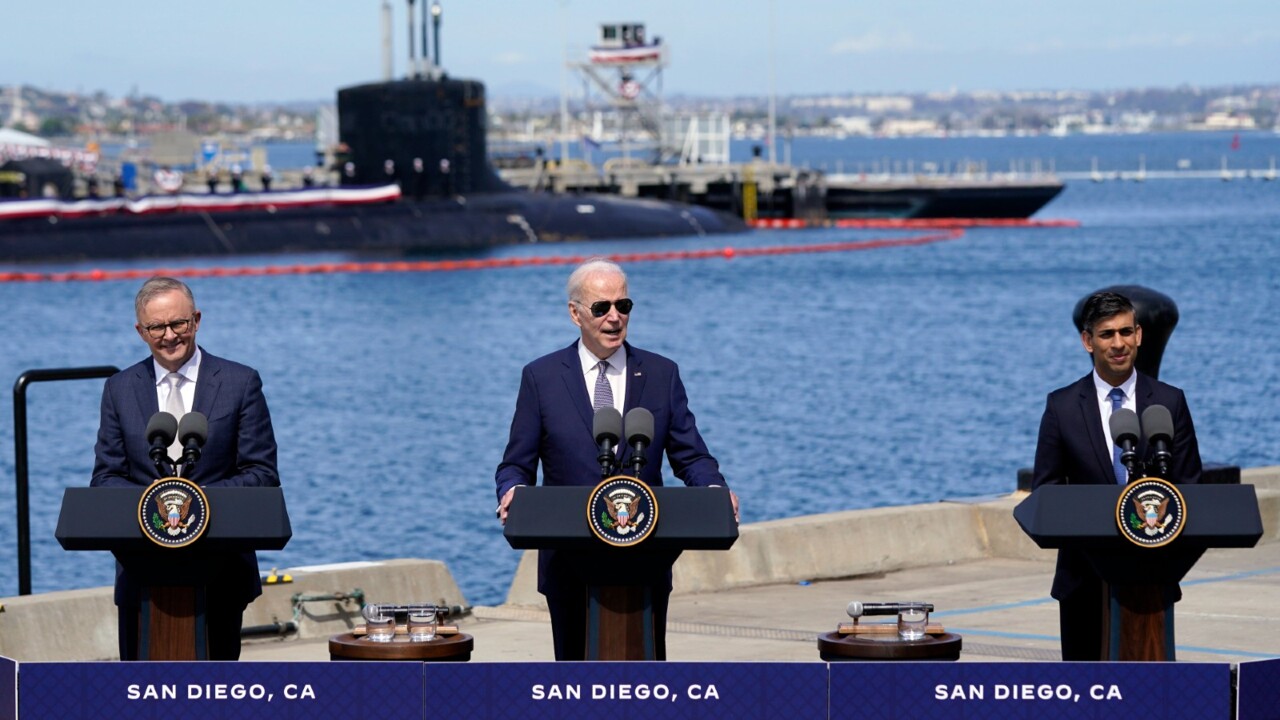
“Under Biden’s Democrats, the language around all conflicts is de-escalation: how do we get our allies to back down, not how do we get our adversaries to back down.”
Consider the main theatres of conflict. In an important essay in The Wall Street Journal in April, Reuel Marc Gerecht, a former Iranian targets officer in the CIA and a resident scholar at the Foundation for Defence of Democracies, and Ray Takeyh, a senior fellow at the Council on Foreign Relations, labelled Iran the most successful imperial power in the Middle East since the British Empire. They outline how Iran uses its regional proxies to circumvent Western deterrence: “The clerical elites (of Iran) learned early they could inflict pain on their adversaries with a measure of impunity if they hid behind their proxies … Through all their mischief, Iran’s territory remained immune from retaliation as its embattled adversaries kept insisting that they could not expand the conflict.”
Iran’s version of grey-zone activities involves its huge network of proxies. Iran funds and directs Hamas, and Palestinian Islamic Jihad, plus Hezbollah, the Houthis in Yemen and Shia militia in Iraq and Syria. It uses these forces to attack Israel, and sometimes US forces, and generally suffer no military retaliation itself. The Houthis have hugely disrupted shipping in the Red Sea through missile and drone attacks on cargo traffic. This is at the behest of Iran and almost certainly directed by Tehran. They’ve caused billions of dollars of economic damage and threaten environmental catastrophe if a full oil tanker is sunk.
Some US commanders have described the situation as the worst naval conflict the US has faced since World War II. Yet Washington has undertaken nothing more than token pinprick strikes against the Houthis, and nothing against Iran.
What this means is that Iran can attack the West without suffering military retaliation. Deterrence has failed. Deterrence doesn’t apply.

Israel is now changing these rules as they apply to the Iran-Israel equation. By killing Iranian military commanders in Syria and by assassinating the Hamas leader in Tehran itself, Israel is imposing a cost on Iran for its grey-zone attacks on Israel.
A wish not to escalate, as is the reflex of the Biden administration, and of course of the Albanese government, is prudent and at first blush reasonable.
But if a nation will never escalate, that leaves all the decisions about conflict to the adversary. Sometimes it’s necessary to escalate in order to de-escalate.
This is the tragedy as deterrence erodes. Deterrence can produce years, decades, of stability. Once the credibility of deterrence is gone, it’s much harder to rebuild.
Consider Ukraine. Opposition defence spokesman Andrew Hastie recently told parliament that over the past two years “we’ve seen that war transforming into a war of attrition, industrial attrition, where we’ve seen the US and its allies like the UK, Germany and France pitted against the industrial base of Russia, which is also supported by China, North Korea and Iran”.
Hastie quoted the recently published report of the US Commission on the National Defence Strategy, which concludes: “US industrial production is grossly inadequate to provide the equipment, technology and munitions needed today, let alone given the demands of great power conflict.”
Drawing from the commission, Hastie cites reasons for this: inadequate defence budgets, declining research and development, insufficient access to critical minerals and erosion of the broader US manufacturing ecosystem. After the Cold War, the US drastically cut defence spending, from 6 per cent of GDP to 3 per cent and falling. Much of its manufacturing base migrated to China. The US, on a bipartisan basis, is trying to reverse those industrial trends but the progress is too slow.
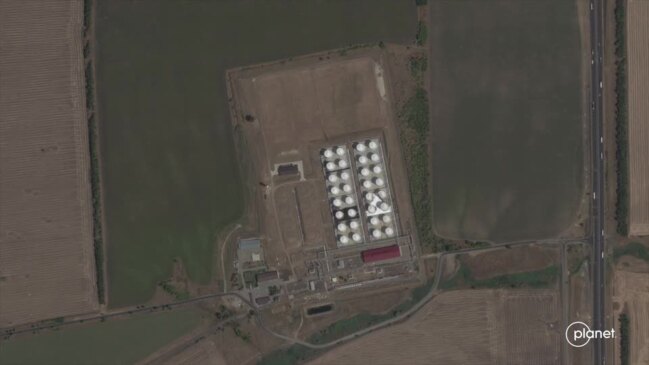
Within Ukraine itself, the West’s fear of escalation has meant it has provided Ukraine ammunition and weapons on a cruel, slow drip feed and prevented Ukraine from using these weapons to attack Russia itself. Before the war, the West gave very limited military equipment to Ukraine because it didn’t want to provoke Russia or escalate tensions. This was exceedingly dumb. Putin surely wouldn’t have invaded had he known the cost Ukraine’s resistance would impose on Russia. More military aid to Ukraine before the war would have strengthened the message of deterrence and might have prevented conflict.
Increasingly, US deterrence against China is under question. Beijing has for decades now undertaken massive military expansion. It has perfected grey-zone tactics that allowed it to conquer and militarise the whole of the South China Sea, while the Americans and their allies looked on, at first bemused, then incredulous, finally aghast.
There have been countless authoritative studies showing the contemporary US Navy is simply too small. Senior US Navy commanders have told me this themselves. In an important essay on the War on the Rocks website, former US submarine officer Thomas Shugart examines the possibility of non-military deterrence of China.
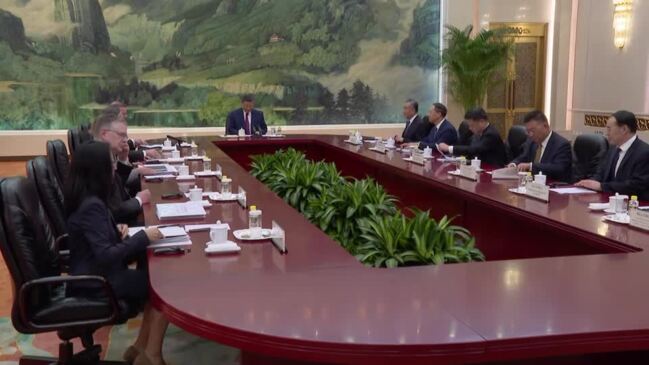
People speculate about trade embargoes, should China invade Taiwan, or even blockades of Chinese ports or impounding its cargo ships. This is impossible for two reasons. First, one reason the economic element of deterrence, trade deterrence, doesn’t work any more is that the global south won’t go along with Western trade sanctions imposed for geostrategic or human rights reasons.
But as Shugart elucidates, in any event the US Navy is too small to enforce anything like this. It has about 300 ships. At any time a quarter, 75, are in maintenance. In the event of conflict over Taiwan, fully half the fleet, 150 ships, would be involved in trying to help Taiwan. That leaves about 75 ships for everything else the US would want to do in every part of the globe.
It’s not credible that the US could physically enforce effective deterrence through economic sanctions. Meanwhile, Beijing has built its own huge deterrent force in the shape of thousands of missiles, many of them designed to hit US ships, based on its mainland and on the archipelagic islands it controls.
Shugart rightly concludes there is no substitute for increased military expenditure if the West aims to make deterrence credible.
Deterrence prevents war. It saves lives. It’s the most reliable way of stopping war. It’s the only way, really, that has proven effective throughout history. The US and its allies, such as Australia, could afford deterrence if we wanted to. For reasons that may well puzzle a dystopian future, we’ve decided not to bother.


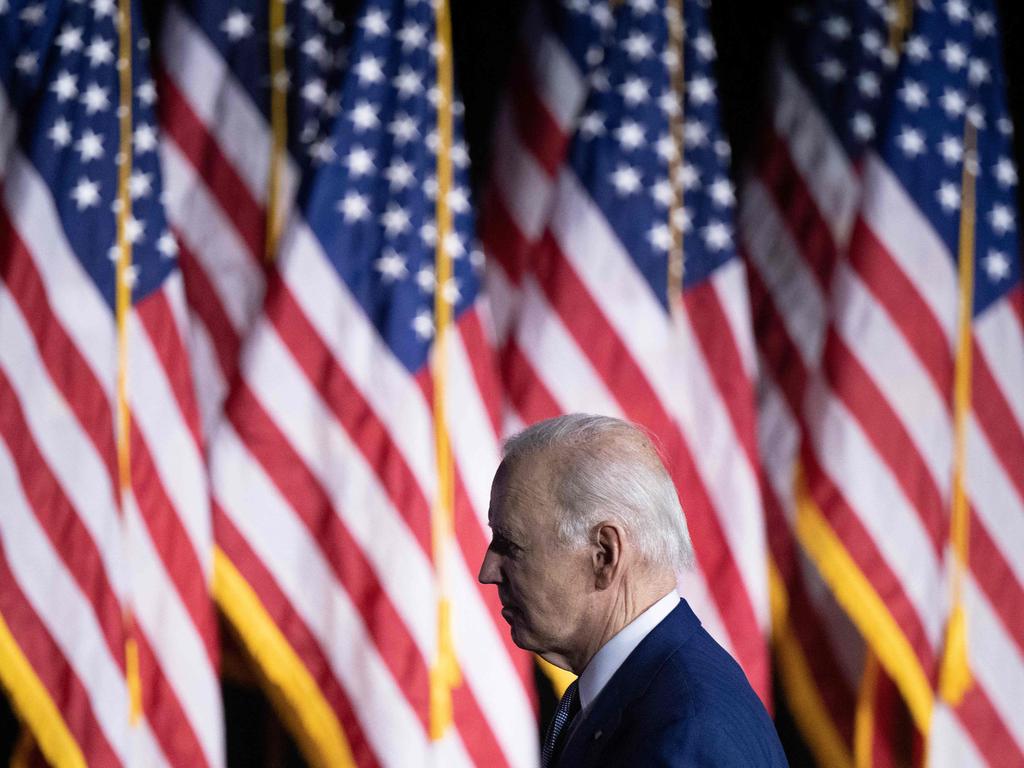
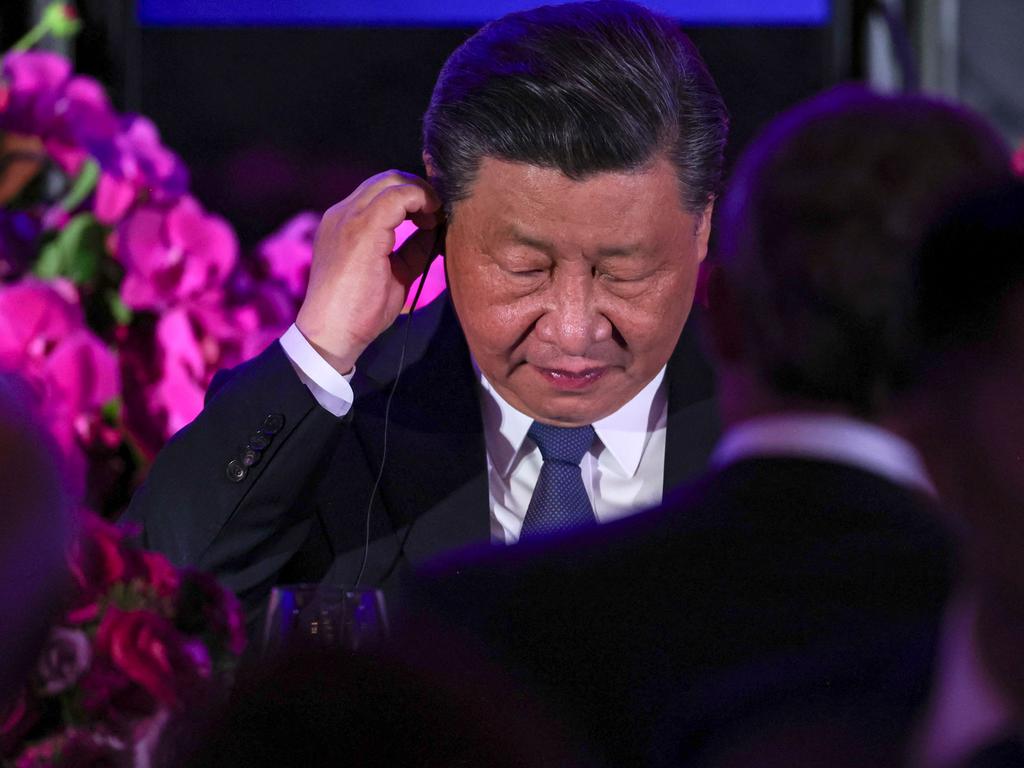



The key global crisis right now is that deterrence is breaking down. Western nations are trying fitfully to rebuild deterrence. On this effort, global security rests.